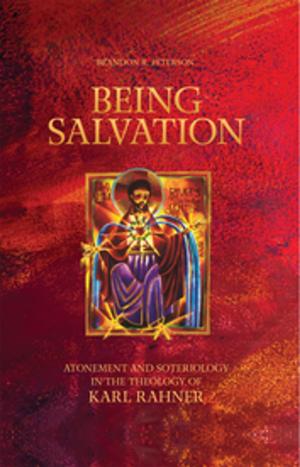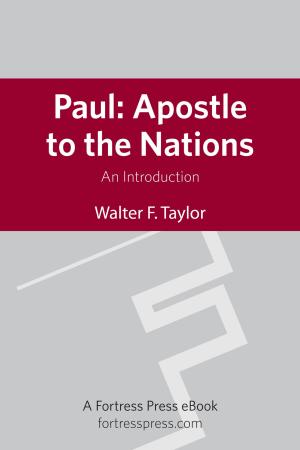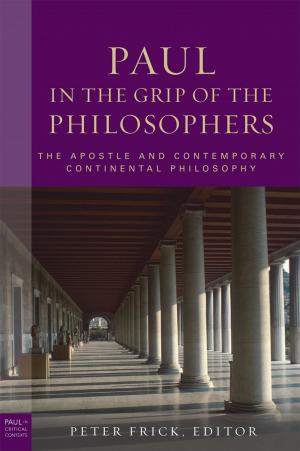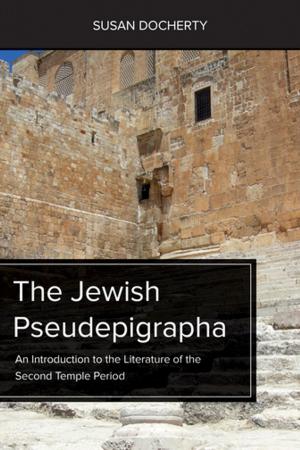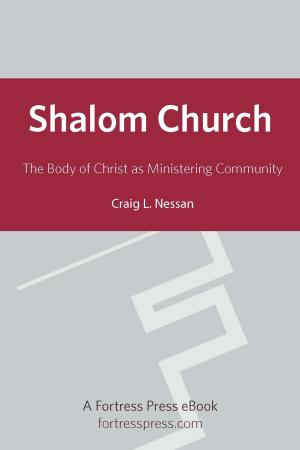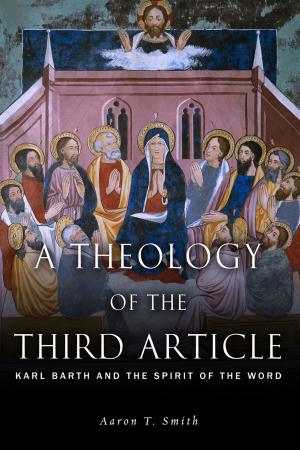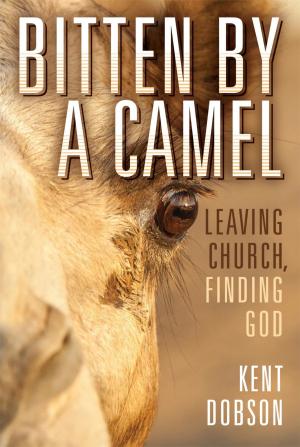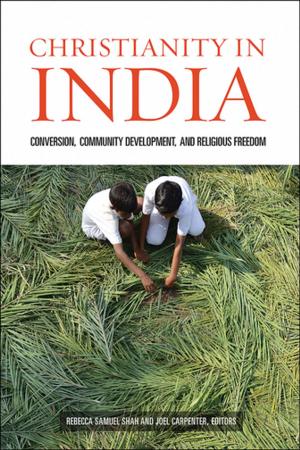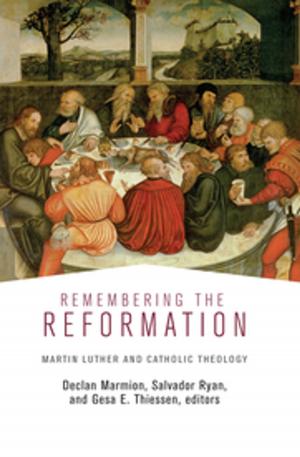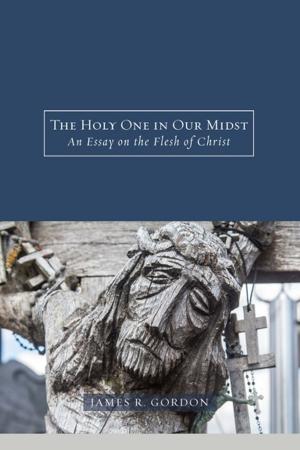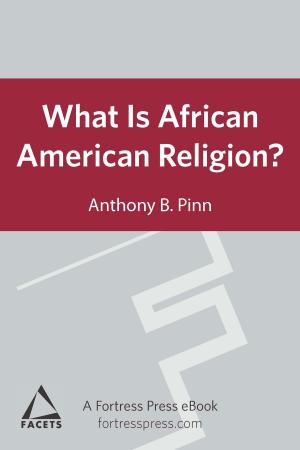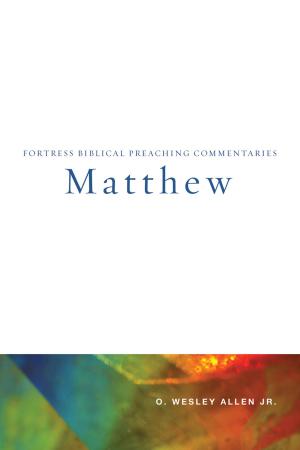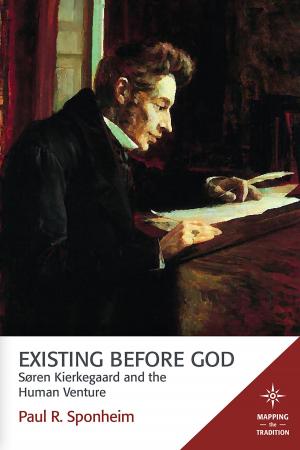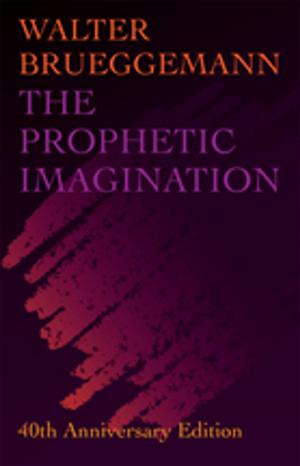The Spirit of God and the Christian Life
Reconstructing Karl Barth's Pneumatology
Nonfiction, Religion & Spirituality, Theology, Christianity| Author: | JinHyok Kim | ISBN: | 9781451479812 |
| Publisher: | Fortress Press | Publication: | January 4, 2014 |
| Imprint: | Fortress Press | Language: | English |
| Author: | JinHyok Kim |
| ISBN: | 9781451479812 |
| Publisher: | Fortress Press |
| Publication: | January 4, 2014 |
| Imprint: | Fortress Press |
| Language: | English |
Theologian Robert Jenson once titled an essay on Karl Barth’s doctrine of the Holy Spirit, “You Wonder Where the Spirit Went,” claiming that, for all the talk of the Spirit, Barth’s theology was more nearly binitarian than Trinitarian. That assessment has largely carried the day and set the paradigm for interpretation. JinHyok Kim directly challenges the prevailing paradigm, reconstructing Barth’s pneumatology and proposing the possible contours it would have taken in the final volumes of Church Dogmatics left incomplete at Barth’s death. Within this reconstruction, Kim explores the contexts of Barth’s work and demonstrates the connection of Barth’s doctrine of the Spirit with the realities and practices of the Christian life. Here a new standard for understanding Barth’s Trinitarian theology, particularly his doctrine of the Spirit, opens up and offers a fresh reading of an important topic in one of the central thinkers of modern theology.
Theologian Robert Jenson once titled an essay on Karl Barth’s doctrine of the Holy Spirit, “You Wonder Where the Spirit Went,” claiming that, for all the talk of the Spirit, Barth’s theology was more nearly binitarian than Trinitarian. That assessment has largely carried the day and set the paradigm for interpretation. JinHyok Kim directly challenges the prevailing paradigm, reconstructing Barth’s pneumatology and proposing the possible contours it would have taken in the final volumes of Church Dogmatics left incomplete at Barth’s death. Within this reconstruction, Kim explores the contexts of Barth’s work and demonstrates the connection of Barth’s doctrine of the Spirit with the realities and practices of the Christian life. Here a new standard for understanding Barth’s Trinitarian theology, particularly his doctrine of the Spirit, opens up and offers a fresh reading of an important topic in one of the central thinkers of modern theology.

